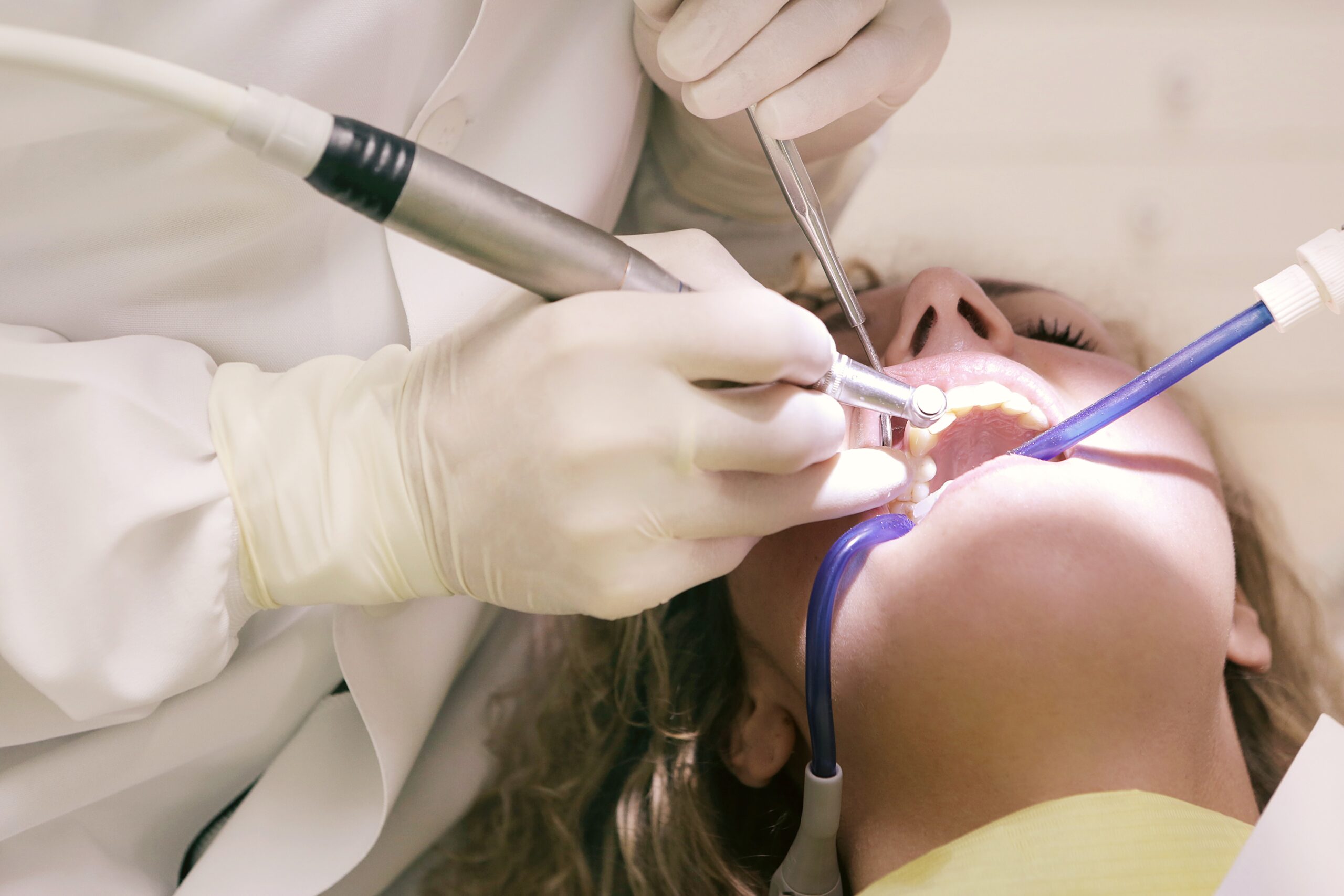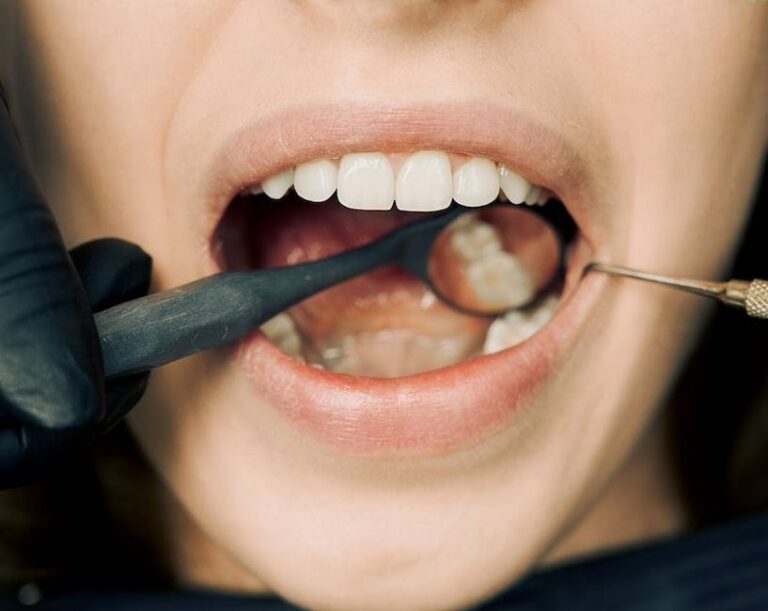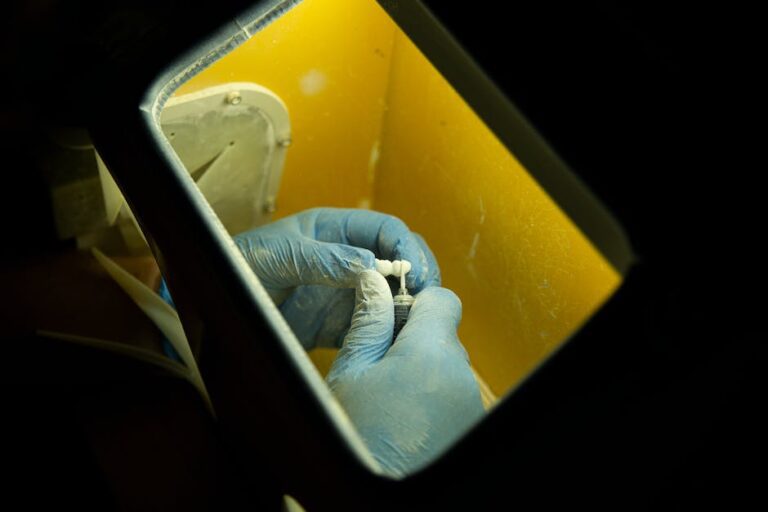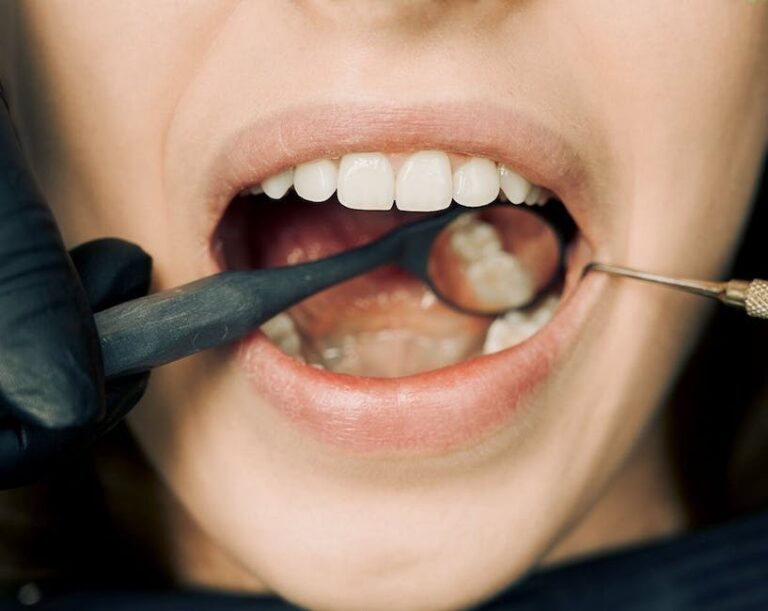Answering Your Dental Care FAQs
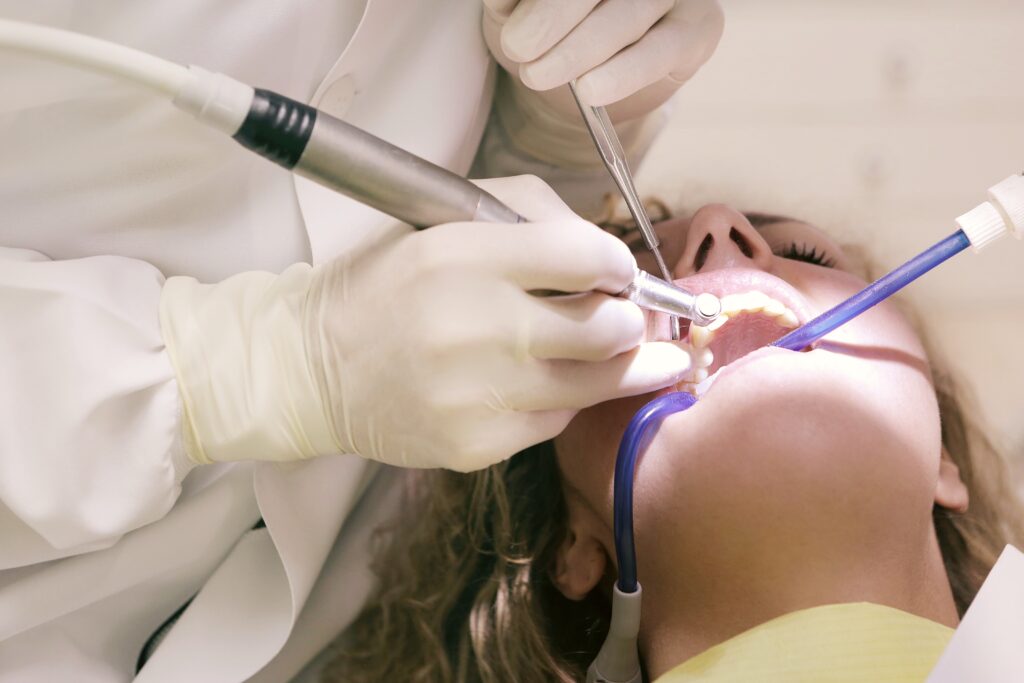
Are you curious about the common questions people have about dental care? Whether you’re wondering about the importance of regular dental check-ups, the best ways to maintain oral hygiene, or the various types of dental treatments available, we’ve got you covered! Let’s find out in detail in the article below. Let’s find out exactly what you need to know to maintain optimal dental health, explore various dental care queries, and get the answers you’re looking for. I’ll tell you exactly!
Frequently Asked Questions (FAQ) About Dental Care
The Importance of Regular Dental Check-ups
Regular dental check-ups are crucial for maintaining optimal dental health and preventing dental problems. Here are some frequently asked questions regarding the importance of regular dental check-ups:
1. How often should I schedule a dental check-up?
It is recommended to schedule a dental check-up every six months. However, the frequency may vary depending on individual dental health. Your dentist will advise on the ideal schedule based on your specific needs.
2. Why are regular dental check-ups important?
Regular dental check-ups allow your dentist to detect any early signs of dental issues such as cavities, gum disease, or oral cancer. Early detection can prevent the progression of these conditions, leading to more effective and less invasive treatment options.
3. What happens during a dental check-up?
During a dental check-up, your dentist will examine your teeth, gums, and overall oral health. They may take X-rays to diagnose any underlying dental problems. Your dentist will also clean your teeth, removing plaque and tartar buildup.
Maintaining Oral Hygiene
Proper oral hygiene is essential for healthy teeth and gums. Let’s address some common questions people have about maintaining oral hygiene:
1. How often should I brush and floss my teeth?
It is recommended to brush your teeth at least twice a day, preferably in the morning and before bedtime. Flossing should be done once a day to remove plaque and debris from between the teeth and along the gumline.
2. What type of toothbrush and toothpaste should I use?
Use a soft-bristle toothbrush and fluoride toothpaste for optimal oral hygiene. Soft bristles are gentle on the gums and teeth, while fluoride helps fight cavities and strengthens tooth enamel.
3. Are mouthwashes necessary for oral hygiene?
Mouthwashes can be beneficial as an addition to regular brushing and flossing. They can help freshen breath, reduce plaque buildup, and reach areas that may be missed during brushing and flossing. Consult your dentist for recommendations on suitable mouthwashes.
Types of Dental Treatments
There are various dental treatments available to address specific dental problems. Here are some frequently asked questions about different dental treatments:
1. What is a dental filling?
A dental filling is a treatment used to repair a tooth that has been damaged by decay. The decayed portion of the tooth is removed, and the cavity is filled with a material such as composite resin, amalgam, or porcelain.
2. What are dental crowns?
Dental crowns are tooth-shaped caps that are placed over a damaged tooth to restore its shape, size, strength, and appearance. They are commonly used to protect and strengthen weak or broken teeth.
3. What is a root canal treatment?
A root canal treatment is performed to save a severely decayed or infected tooth. The procedure involves removing the infected pulp from the root canal, cleaning and disinfecting the area, and filling it with a special material. A crown is usually placed on top to protect the tooth.
Conclusion
(Conclusion is not required in the text)
Additional Information
1. Maintaining regular dental check-ups is important for preventing dental problems and detecting early signs of issues.
2. Brushing your teeth at least twice a day and flossing daily are essential for maintaining oral hygiene.
3. Using a soft-bristle toothbrush and fluoride toothpaste is recommended for optimal oral care.
4. Mouthwashes can complement brushing and flossing, but it is best to consult your dentist for suitable options.
5. Dental fillings are used to repair decayed teeth, dental crowns restore damaged teeth, and root canal treatments save infected teeth.
